On Nintendo.
By yukoasho 3 Comments
I got a Wii U in April of this year, when we were all still reeling at Microsoft's DRM reveal and convinced that Sony was in line with them. I bought the basic, mainly because I didn't really need Nintendoland (or the extra storage, as I don't really partake in digital console content), along with New Super Mario Bros.
I've since built up a decent library, certainly more than I had for the Wii in the same number of months since purchase. However, with Sony crushing any ideas that they were following Microsoft's path, and Microsoft in turn backpedaling so hard they might just slip and fall on their asses, the Wii U has lost its one potential advantage. And now, with both the Xbone and PS4 out, it's time to assess the Wii U.
Despite the click-bait headline, Danny O'Dwyer made several strong points in the most recent edition of The Point.
Put short, the lack of system-selling games on the Wii U, combined with Nintendo's failure to create a second fad, have put the system in a bad position now that the eighth generation is in full swing. PS4 and Xbone will almost certainly outsell Wii U globally by some time in 2014, and third party support will continue to dry up. Sure, Ubisoft will drop the occasional dance and party game on the system, but it's becoming clear that 3rd parties aren't bothering this time. EA has burned bridges with Nintendo, and the near-crippling silence from everyone else with regards to the Wii U speaks volumes. I imagine that, were it not for the 3DS' continued domination, we'd see a lot more companies going the EA route with Nintendo. Thus, Nintendo's going it alone on Wii U.
So, how did we get here? Well, the beginnings of Nintendo's downfall can be traced back to the height of their success. In the years following the video game crash of 1983, Nintendo rebuilt the industry in their image, using their NES monopoly to strongarm 3rd parties for all the money they could get. Carts could only be manufactured by Nintendo themselves, so the price per cart was artificially inflated, and companies were only allowed a limited number of releases per year. Despite unlicensed outliers like the Sega/Atari/Namco front Tengen, Nintendo ruled the industry with an iron fist, abusing their position to tie 3rd parties into loyalty pacts that served to kill the Master System and Turbografx-16. Even the Sega Genesis and a lawsuit ending some of the more blatantly abusive aspects of their business, Nintendo never treated 3rd parties like partners, instead running their games business like a dictatorship, angering many 3rd parties.
Third parties like Sony.
After Sega released the Sega CD, Nintendo looked into making a CD add-on for the Super Nintendo, but backed out well into development with two different partners. Their partnership with Philips resulted in the long-forgotten CD-i and a quartet of the worst games ever to bear Nintendo mascots. Their partnership with Sony, themselves a 3rd party previously, resulted in a cultural phenomenon.
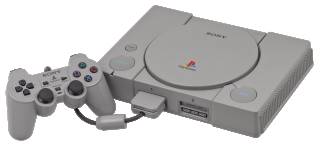
Sony took the technology from their SNES CD project, enhanced the hardware for revolutionary (at the time) 3D graphics, and proceeded to steal the entire games industry from Nintendo, whose hubris led to the N64 being a huge commercial flop. Nintendo was clearly caught flat-footed by the sudden change in the pecking order. Suddenly, they were no longer the top dog, and were really only the second place console by default, owing to Sega's prolonged implosion. With the PlayStation, and then the PlayStation 2, absolutely decimating all competition in the console hardware space, Nintendo systems became known for droughts of quality software between their tent-pole franchise titles. The 3rd parties they treated like servants were gone, and even with the domination of the Game Boy line, Nintendo was unable to secure meaningful support for their home systems.
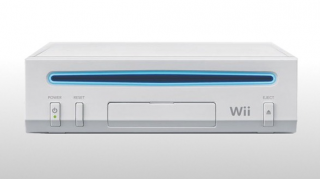
The only bump in the road downhill was the Wii. With the novelty of motion controls and Sony's own moment of hubris, Nintendo was able to sweep in and relive the amazing successes of the past... Sort of.
The problem with the Wii, other than Nintendo's ego once more inflating, was that it sold to people who didn't really care for gaming. It sold because people were curious about motion controls, and drawn in by Wii Sports. The people who bought the Wii for Wii Sports never bought anything else, and Nintendo failed to see that gamers were going to the 360 (and later the PS3 as Sony turned the ship around) in droves, while Nintendo was stuck with a fickle group of users who quickly forgot about the Wii as the next mainstream fad came. Thus, while the Wii itself was practically everywhere, 3rd parties had treated it like the last-place console anyway. Save for a few fantastic games that failed in retail, the system became a dumping ground for all the worst software in existence. Shit like Ninjabread Man became the norm, and the pitiful signal-to-noise ratio became the stuff of legends.
All the while, Nintendo ignored gamers, to the point where a massive campaign that basically amounted to begging was needed to release arguably 2012's best Wii games. Put short, Nintendo repeated the mistakes of the SNES era. They were riding high, and they didn't care one iota if people were dissatisfied.
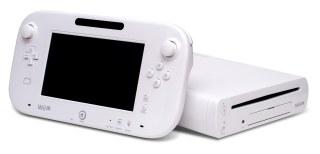
So that leads us to the Wii U. After an initial, promising holiday 2012, things quickly went downhill. In the year that they've been the sole eighth generation console, the Wii has sold just over four million, and those people have been treated to a lackadaisical release schedule, mainly populated with hand-me-down ports from 360 and PS3, while Nintendo's post-launch offerings were delayed repeatedly. Worse yet, the people who'd been captivated by the Wii either got over it, or believed the Wii U to be simply an updated controller for the Wii. Either way, the non-gaming market did not want, and the gamers stuck to the 360 and PS3, waiting for something to capture their imaginations. Nintendo squandered their year in the spotlight, and when the Xbone and PS4 hit the scene, the Wii U's fate was sealed.
So where does that leave Nintendo? Before we go on, let's stop talking about Nintendo going third party. They've got massive amounts of income coming in from the 3DS, and the Wii has built them an impressive war chest. Nintendo would have to have multiple decades of straight losses for them to be in any position to question their solvency, and with 7.2 billion yen worth of profits for fiscal year 2013, that's not going to happen. That said, the Wii U itself sells at a loss, while the competitors sell for a profit, and software isn't moving on the Wii U, so things need to change. If Nintendo wants to be a player in the home market and not just handhelds, there are going to have to be some major changes. First off, third party relations are going to have to become a long-term project. Between the oppression of the NES and Super NES eras and the gamers' rejection of the N64, Cube and Wii, Nintendo needs to slowly rebuild their relationships. For the eighth generation, however, they are mostly going it alone, with whatever exclusives they can develop or buy. Given how much money they have, they need to massively build up their first party development. Most important, however, is that they need to diversify their lineup.
See, after the release of Pikmin on the GameCube, Nintendo stopped trying to make new IPs, content instead to feed its young base and most rabid fans a steady diet of established mascots. This is just fine for those who have already bought in, but it's not going to win over detractors. While it would be suicidal to abandon their bread-and-butter franchises, Nintendo needs to do some serious outreach. That means making more titles out of their wheelhouse; shooters, RPGs, strategy... Nintendo themselves need to make games for people who aren't fans of the core five mascots or party games. A company as stupidly rich as Nintendo shouldn't have any problem financing the needed first party expansion to do this.
Lastly, online. It's been said that Nintendo has no idea how the internet works. Nintendo have also shown a willingness to gimp their online services in order to protect its position as the electronic babysitter. In response, those looking to play online games have moved on. If Nintendo wants to move in on the lucrative core gamer demographic, they're going to have to loosen up the restrictions on their online network, and make it easier for people to meet, and play against, each other on their services. As it stands now, Nintendo's arm's-length attitude to online interaction is failing them, and will continue to do so until they change.
Hopefully Nintendo will make the needed changes to become a relevant player in the eighth generation. However, I don't see it happening. How about you guys? Any hope for Nintendo in the future?
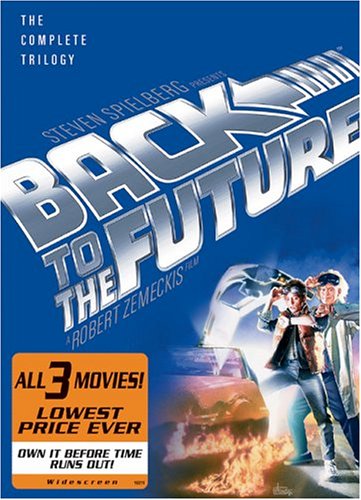
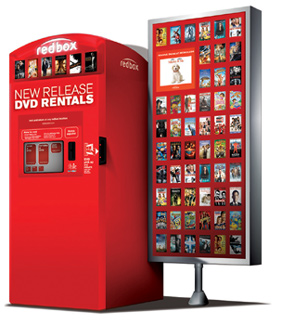
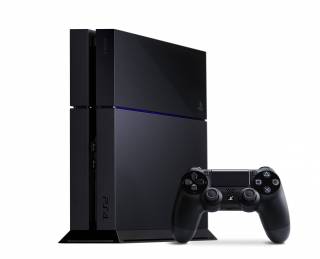
Log in to comment